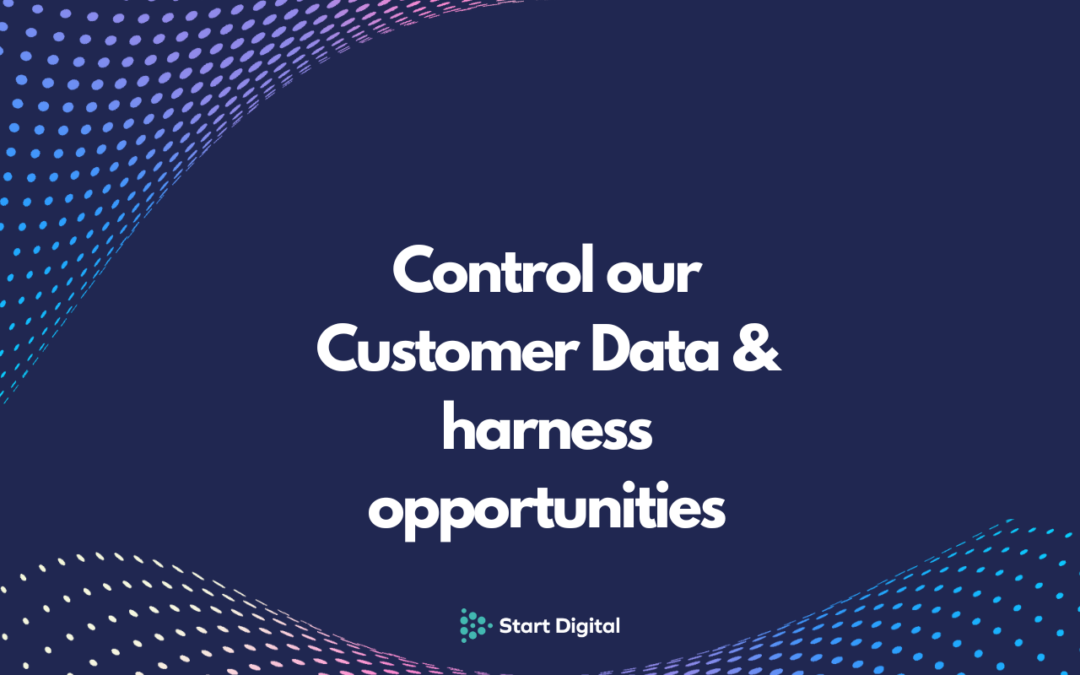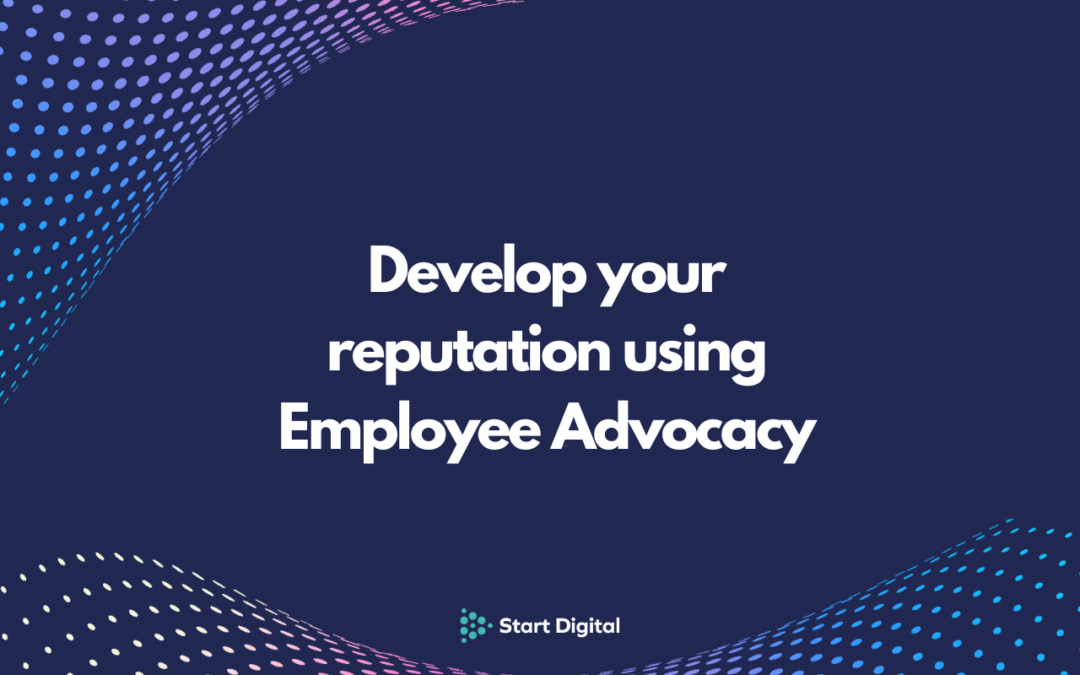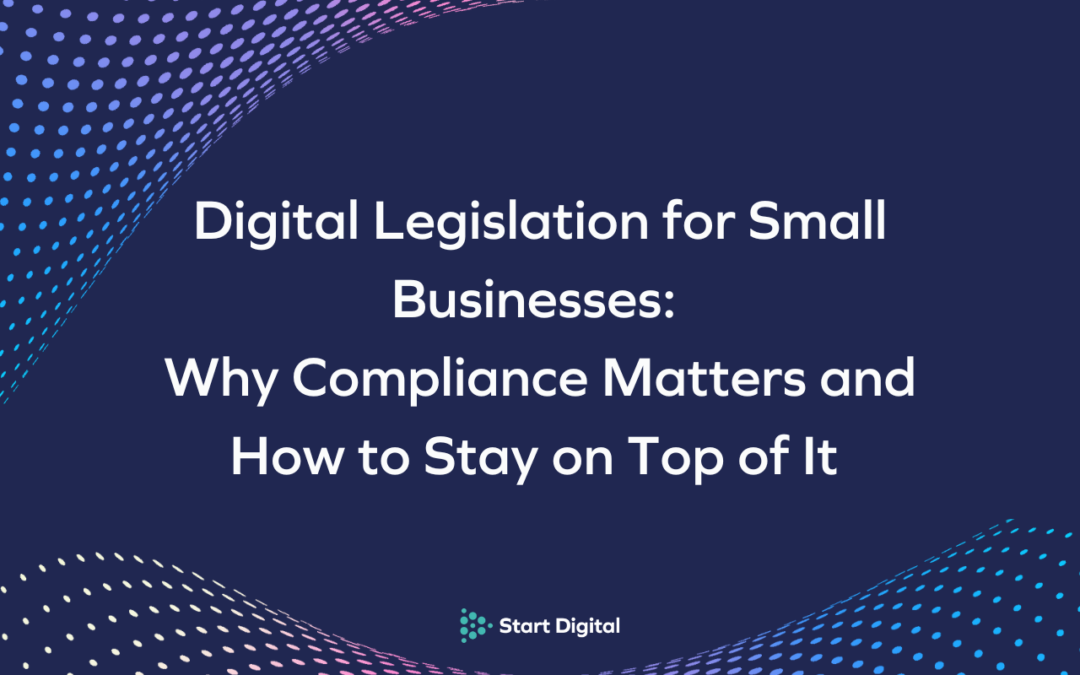In today’s digital age, businesses of all sizes are increasingly reliant on the collection, storage, and use of personal data to run their operations. As a business owner, it’s important to understand digital laws and regulations in the UK and to ensure that your business is in compliance with these laws to avoid serious consequences.
What are Digital Laws and Regulations?
Digital laws and regulations refer to the legal framework that governs the use of personal data in the UK, including the General Data Protection Regulation (GDPR), the Data Protection Act 2018, the ePrivacy Regulations, and the Computer Misuse Act 1990, among others. These laws and regulations set out the rules and requirements for how personal data should be collected, stored, and used, and provide legal protection for individuals’ personal data rights.
Consequences of Non-Compliance
If your business is found to be in violation of digital laws and regulations, there can be serious consequences, including fines, reputation damage, legal liability, loss of business, and even criminal prosecution.
One of the most significant consequences of non-compliance is the potential for fines from the Information Commissioner’s Office (ICO). Under the GDPR, the maximum fine that can be imposed by the ICO is up to €20 million or 4% of the company’s annual global turnover, whichever is higher. Fines at this level are typically reserved for the most serious cases of non-compliance, such as large-scale data breaches. In practice, fines from the ICO are typically lower but can still be substantial.
Best Systems to Avoid Fines
To avoid fines and other consequences of non-compliance with digital laws and regulations, it’s important to have the following systems in place:
Privacy Policy: Develop a comprehensive privacy policy that complies with digital laws and regulations and that explains how you collect, store, and use personal data, including patient information.
Data Protection Procedures: Implement robust data protection procedures that ensure that personal data is collected, stored, and used securely and in accordance with digital laws and regulations.
Employee Training: Provide regular training to employees on digital privacy and security best practices, including how to handle personal data securely and how to comply with digital laws and regulations.
Regular Risk Assessments: Conduct regular risk assessments to identify potential privacy and security risks and to implement appropriate controls to mitigate those risks.
Data Breach Response Plan: Develop a data breach response plan that outlines the steps to be taken in the event of a data breach, including who to notify and how to contain and recover from the breach.
Regular Review and Update: Regularly review and update your privacy policy and data protection procedures to ensure that they remain up-to-date and in compliance with digital laws and regulations.
In conclusion, as a business owner, it’s important to understand digital laws and regulations in the UK and to take steps to ensure that your business is in compliance with these laws. Failure to comply can result in serious consequences, including fines, reputation damage, legal liability, loss of business, and criminal prosecution. By implementing the best systems and practices outlined above, you can avoid fines and protect personal data, and maintain the trust of your customers and clients.










